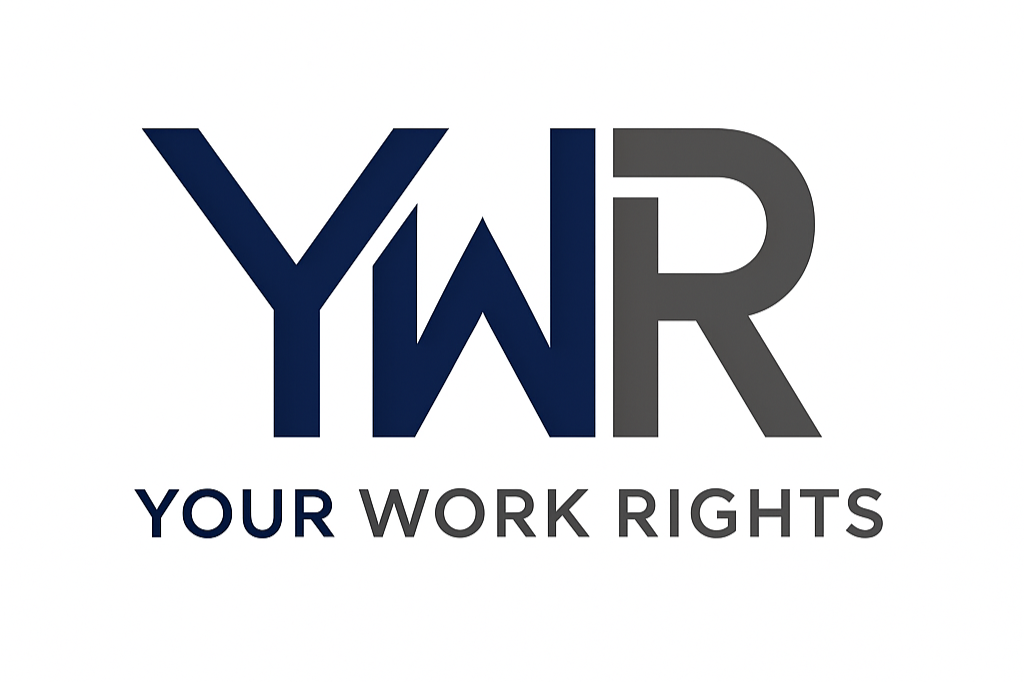The Disciplinary Pathway: A Step-by-Step Guide
Facing disciplinary action is stressful, but the law requires your employer to follow a fair and structured process. This guide explains your rights at every stage.
1. The Letter: Your Right to Know
The process begins when you receive a formal letter. This isn't just a formality; it's a legal requirement.
What to expect: The letter must clearly state the allegations of misconduct or poor performance against you. It should provide enough detail for you to understand the case you have to answer.
Key Information: It must also inform you of the possible outcomes (e.g., a formal warning, dismissal) and confirm your right to be accompanied to the hearing. You must be given the time, date, and location of the meeting.
Strategic Tip: Read this letter carefully. If the allegations are vague or you haven't been given the evidence, reply immediately in writing to request this information before the meeting.
2. Prepare Your Case: Your Right to a Defence
This is your opportunity to build your response. A well-prepared defence is your strongest asset.
Gather Evidence: You have the right to see all the evidence the employer has against you before the hearing. This includes emails, witness statements, and any other relevant documents.
Write Your Statement: Prepare a written statement that responds to each allegation clearly and factually. Gather any supporting documents or evidence you have.
The Right to be Accompanied: You have a legal right to be accompanied by a colleague or a trade union representative. They can confer with you, address the hearing to sum up your case, and help you stay calm.
Strategic Tip: Don't be afraid to request a postponement of the hearing if you haven't been given the evidence with reasonable time to prepare. A fair process requires you to have time to build your defence.
3. The Hearing: Your Right to be Heard
The hearing is your chance to present your side of the story.
The Process: The meeting will usually be chaired by a manager who will present the company's case and evidence. You will then have the opportunity to present your response, ask questions, and submit your own evidence.
Your Role: Stay calm and professional. Refer to your written notes to ensure you cover all your points.
Strategic Tip: Insist that the meeting is formally minuted. After the hearing, check the minutes carefully and write back immediately to correct any inaccuracies or omissions.
4. The Outcome: Your Right to a Written Decision
Your employer must inform you of their decision in writing without unreasonable delay.
Possible Outcomes: This could be no action, a first or final written warning, demotion, or dismissal.
The Reasoning: The outcome letter must explain the decision that has been reached and the reasons for it. It must also inform you of your right to appeal.
Strategic Tip: The outcome letter is a crucial piece of evidence. Read it carefully. Is the reasoning logical? Does it fairly address the points you made? Any flaws in its logic will form the basis of your appeal.
5. The Appeal: Your Right to a Second Opinion
If you believe the outcome is unfair, you have the right to appeal.
Grounds for Appeal: Your appeal should focus on why the original decision was wrong. Common grounds include: new evidence has come to light, the sanction was too severe, or the original process was flawed.
The Process: Your appeal must be heard by a different, and ideally more senior, manager who was not previously involved in the case.
Strategic Tip: Your appeal is not just a repeat of the first hearing. You must clearly state your grounds for appeal in writing and submit it within the deadline (usually 5 working days).
Take Action: [Our Letter & Template Library]
6. Next Steps: Your Right to Escalate
If the internal appeal process fails, you may have grounds to escalate the issue externally.
Grievance: You could raise a separate grievance about the unfairness of the disciplinary process itself.
Employment Tribunal: If you have been dismissed, you may have grounds for an unfair dismissal or discrimination claim.
Considering a claim? [The Employment Tribunal Preparation Toolkit]
